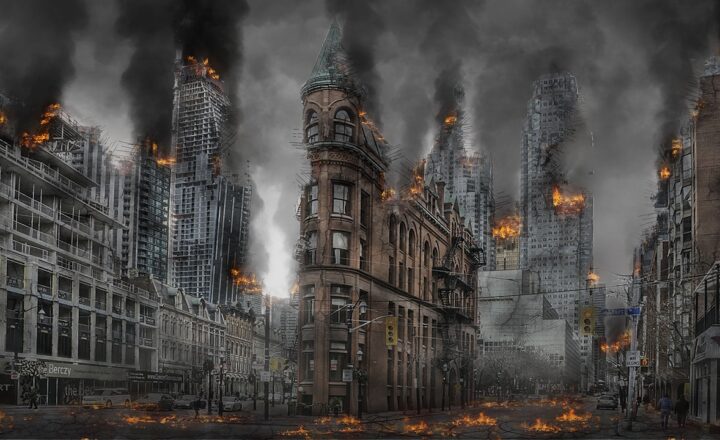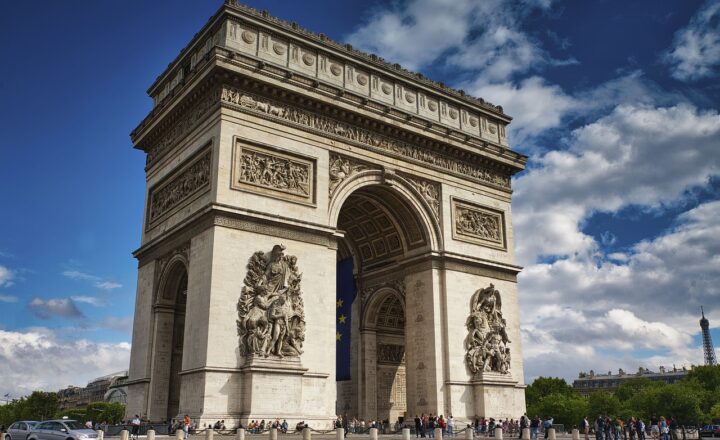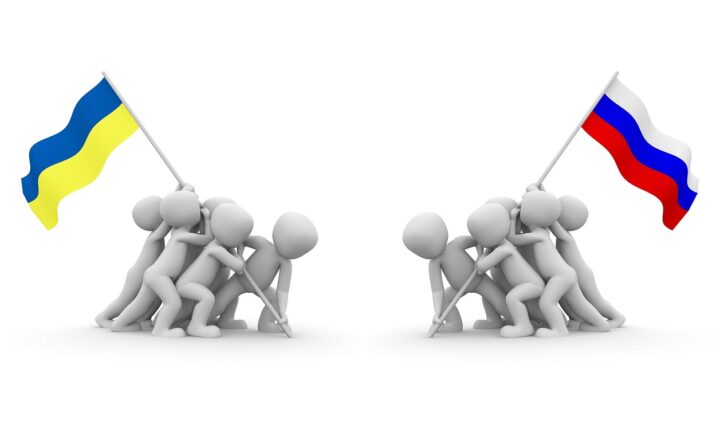
The Central Intelligence Agency (CIA) is one of the most powerful intelligence agencies in the world, tasked with international intelligence gathering and covert operations. However, its history is riddled with controversy, particularly during the 1980s, a decade marked by allegations of connections to drug trafficking. From its involvement in foreign conflicts to domestic repercussions, the CIA’s alleged role in drug operations raised questions about ethics, legality, and the implications for American society.
1. Background: The War on Drugs and Latin America
In the early 1980s, the United States intensified its War on Drugs, aiming to combat the rise of drug trafficking that was wreaking havoc in urban areas across America. As part of this effort, the U.S. government focused attention on Latin America where drug cartels thrived.
Meanwhile, the CIA was heavily involved in covert operations in Central America, particularly in Nicaragua, where the agency supported the Contra rebels in their fight against the Sandinista government. This support raised funds through various means, including allegations that drug trafficking became an avenue for financing these covert operations.
2. Allegations of Drug Trafficking
The most significant allegations surging in the 1980s came to light notably in the context of the Iran-Contra affair, where senior officials in the Reagan administration were accused of facilitating drug trafficking to fund the Contras. Noteworthy are the claims made by journalists and whistleblowers.
A pivotal moment in revealing the alleged complicity of the CIA was Gary Webb’s 1996 investigative series titled “Dark Alliance.” Webb’s articles linked the crack cocaine epidemic in Los Angeles to the CIA-backed Contra rebels. While Webb faced backlash and criticism from mainstream media, his reporting ignited public outrage and skepticism about the agency’s actions.
3. The Contra Connection
In particular, the Contras relied on drug trafficking to finance their operations against the Sandinista government. Allegations suggest the CIA was aware of, and when convenient, turned a blind eye to, drug shipments that supported the Contras. Reports indicated financial transactions and drug smuggling routes, hinting at a partnership between drug traffickers and CIA operatives.
Former members of the Contra forces have also come forward with testimonies detailing relationships between drug traffickers and CIA operatives, suggesting a deliberate involvement in drug trade to support their military objectives.
4. Suppression of Investigations
In light of these allegations, several inquiries were conducted to investigate the CIA’s actions during this tumultuous period. However, critics argue that investigations were often superficial and suppressed evidence that could implicate the agency. The 1998 Report by the CIA Inspector General examined these allegations and ultimately declared the agency had not been complicit in drug trafficking. Despite this, the report acknowledged some relationships between Contra groups and drug traffickers.
Furthermore, journalists and advocacy groups have accused the US government of silencing investigations and testimonies that pointed to illegal activities under the pretext of national security, hindering accountability.
5. Public Reaction and Consequences
The CIA’s alleged involvement in drug trafficking led to widespread public distrust and skepticism about government motives and ethics. The crack cocaine epidemic not only devastated communities across America, but its connectedness to U.S. foreign policy raised profound questions about the moral integrity of government institutions.
The backlash culminated in calls for greater transparency and accountability, challenging the CIA’s unchecked power. Public interest groups began advocating for reforms to ensure oversight and compliance with the law, aiming to prevent such allegations from recurring in the future.
6. Legacy and Ongoing Implications
The legacy of the CIA’s alleged connections to drug trafficking continues to influence contemporary discussions about drugs, criminal justice reform, and governmental accountability. The narrative surrounding illicit drug trades has evolved since the 1980s, yet echoes of these past controversies remain relevant as the U.S. grapples with drug addiction, illegal trafficking, and policies for reform.
As societal attitudes shift towards decriminalization and regulatory frameworks for drugs, the implications of past actions and policies shape current discourse around drugs in America. The lessons, though painful, serve as crucial reminders not only for the CIA but also for public institutions worldwide.
Conclusion
The CIA’s alleged connections to drug trafficking in the 1980s mark a controversial chapter in American history that reflects the intersections of foreign policy, domestic issues, and ethics within government institutions. As ongoing investigations and studies unfold, the agency’s past will undoubtedly continue to be scrutinized, urging a reevaluation of accountability and transparency in various governmental operations.
Learning from the past is essential to positioning America and its institutions toward a more honest, ethical future, where the complexities of power dynamics are constantly checked, ensuring the dignity of both domestic and international policies.







